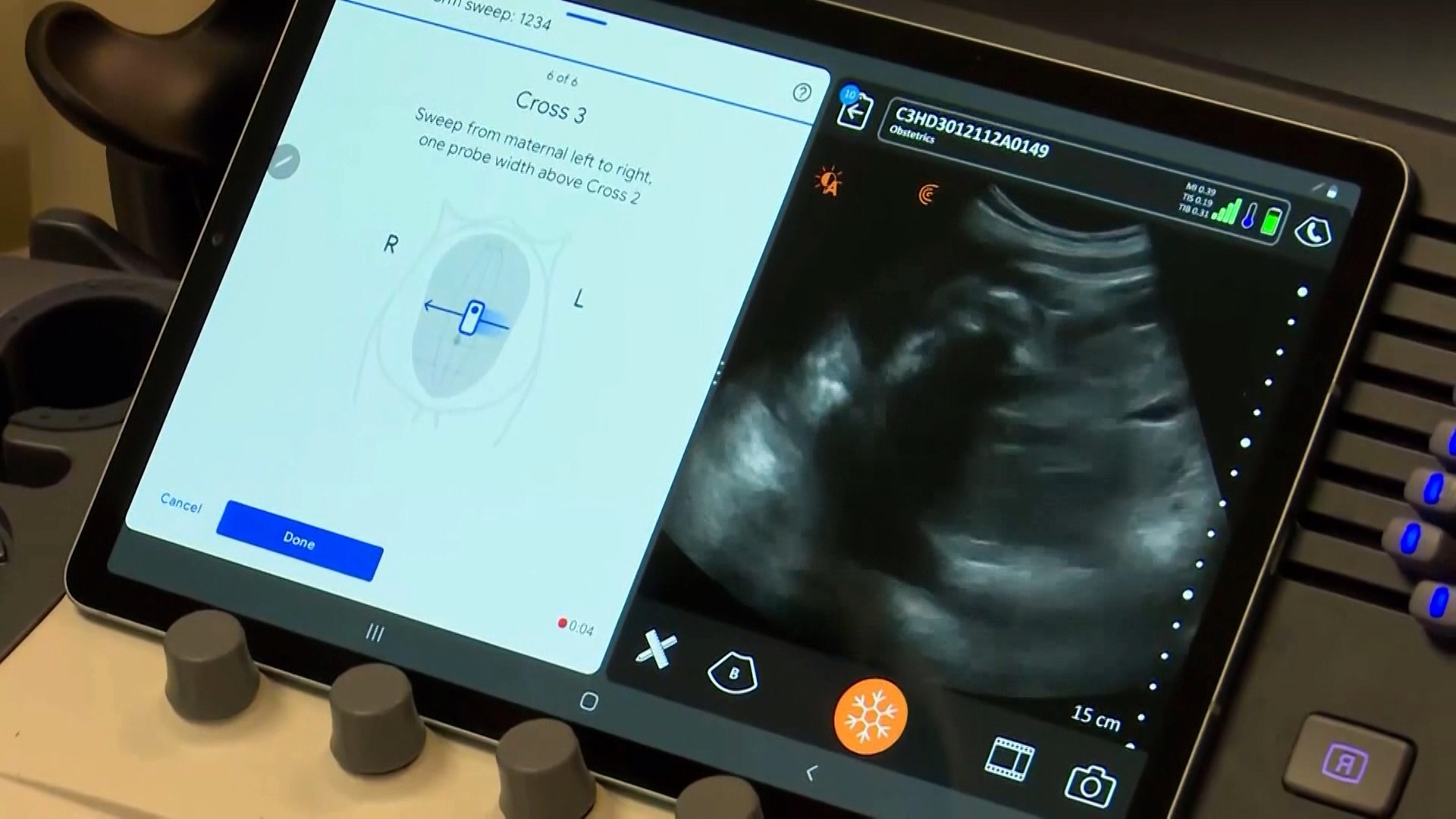ARKANSAS, USA — Arkansas ranks 43rd in the country for child-wellbeing according to a new study. Governor Asa Hutchinson says when it comes to this, the state has made progress but has to do more.
Today, he announced new initiatives to improve care for kids and moms.
Governor Hutchinson says the state started working on these new initiatives before the near ban on abortion took effect... That said, about 3,000 abortions were performed in Arkansas last year.
Hutchinson says added investment and support are needed with more babies being born into situations where a mom might have considered an abortion.
That’s why the Arkansas Department of Human Services (DHS) wants to expand Medicaid services for pregnant women to have coverage for all healthcare needs including behavioral health services while they are pregnant and after they give birth.
“That will save children’s lives as well as the health of the mom. The health of the mom, the mental well-being of the mom is directly related to the well-being of the child and so when we address one, we address both,” said Hutchinson.
This expansion needs federal approval but is expected to start in January 2023. The state is also looking to extend home visitation services to high-risk pregnant women within traditional Medicaid.
Hannah Cheung is the education facilitator at Shared Beginnings, a birth-family support and adoption agency. She says these initiatives will be life-changing for the women they help as many don’t get prenatal care because of the cost or transportation.
“It’s either, 'I go and get into a lot of debt, I’m not going to be able to afford this,' or they chose 'I’m not going to get this care and hope that everything works out okay.' So, this extra funding will allow for them to receive the healthcare they really desperately need, and it will also make it so when the child is born, they are less likely to have complications,” she said.
DHS is also looking to increase monthly payments to foster parents. Cheung, who is a foster parent, says the monthly payment her family receives for help with expenses hasn’t increased since 2009 while the cost of everything has increased.
“It costs quite a bit to raise a child and raise them well especially when you want these children to feel like any other child. We don’t want to treat them any differently than we would a biological child, and so this support from this initiative will really help foster families be able to care for more children potentially or to care for the children they have in their home even better,” she said.
Another addition will be that grandparents or family members who foster a family member will get the same monthly payments as traditional foster parents.

